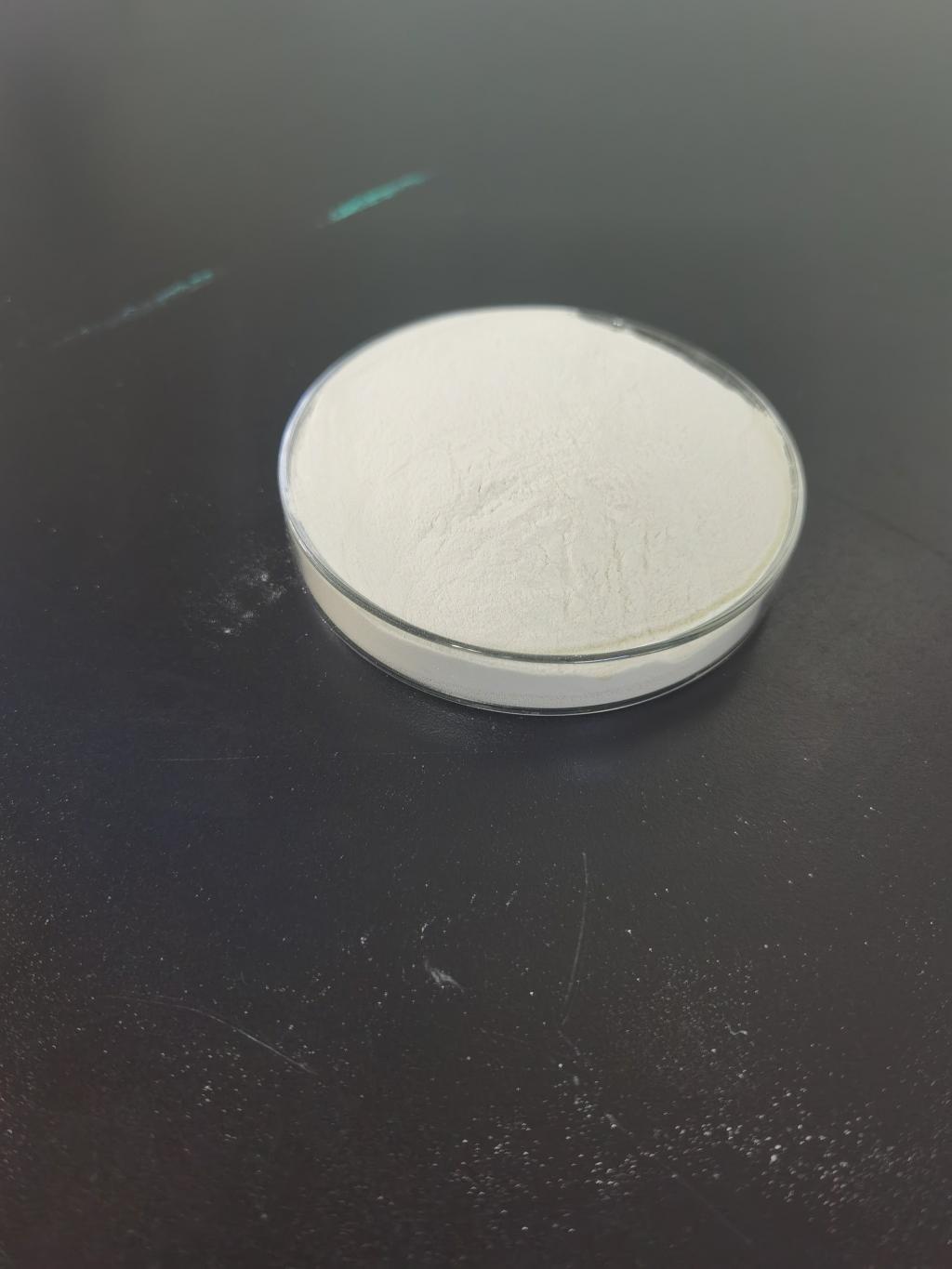Tel:+8618231198596

News
 CONTACT
CONTACT
 CONTACT
CONTACT
- Linkman:Linda Yao
- Tel: +8618231198596
- Email:linda.yao@dcpharma.cn
- Linkman:CHARLES.WANG
- Department:Overseas
- Tel: 0086 0311-85537378 0086 0311-85539701
News
Nisin as a biocontrol agent in agricultural practices.
TIME:2023-08-10
Introduction:
Modern agriculture faces a pressing need for environmentally friendly approaches to pest and pathogen management. Conventional chemical pesticides, while effective, often raise concerns about environmental contamination, human health, and the development of resistance. Nisin, a naturally occurring antimicrobial peptide produced by certain strains of bacteria, offers a promising alternative with potential benefits for sustainable agricultural practices.
Nisin's Mode of Action in Agriculture:
Nisin exerts its antimicrobial activity by disrupting the integrity of microbial cell membranes. In the context of agriculture, Nisin can target a wide range of bacterial pathogens and spoilage microorganisms that adversely affect crop yield and post-harvest quality. Its mechanism of action provides a selective advantage, as it primarily affects pathogenic microbes while sparing beneficial organisms.
Advantages of Nisin in Agriculture:
Biodegradability and Environmental Safety: Unlike synthetic chemical pesticides, Nisin is biodegradable and does not accumulate in the environment, mitigating concerns about long-term ecological impact.
Reduced Residue Levels: Nisin's natural origin and biodegradability contribute to lower residue levels in crops, addressing concerns related to food safety and consumer health.
Potential for Resistance Management: Nisin's unique mode of action reduces the likelihood of developing resistance, unlike traditional pesticides that often lead to resistant pest populations.
Compatibility with Integrated Pest Management (IPM): Nisin can be integrated into IPM strategies, promoting a holistic approach to pest control that combines biological, physical, and chemical methods.
Challenges and Considerations:
While Nisin holds promise as a biocontrol agent, several challenges must be addressed for its successful implementation in agriculture:
Formulation and Stability: Developing stable and effective formulations of Nisin for agricultural use is essential to ensure consistent and reliable performance in the field.
Application Techniques: Determining optimal application methods, such as foliar sprays, seed treatments, or soil drenches, requires careful consideration of factors like target pests, crop type, and environmental conditions.
Regulatory Approvals: Nisin's use in agriculture necessitates regulatory approvals to ensure its safety for crops, consumers, and the environment. Collaborative efforts between researchers, regulators, and industry are vital to navigating the regulatory landscape.
Cost-Effectiveness: The cost of producing and applying Nisin on a large scale can impact its economic viability, especially for small-scale farmers.
Sustainable Farming Practices and Future Prospects:
Nisin's incorporation into sustainable farming practices aligns with the principles of agroecology, organic farming, and integrated pest management. By reducing reliance on synthetic pesticides, Nisin can contribute to the preservation of biodiversity, soil health, and ecosystem resilience.
Case Studies and Success Stories:
Several case studies exemplify the successful application of Nisin in agriculture. These examples showcase Nisin's potential to control various plant pathogens, improve post-harvest storage, and enhance overall crop quality.
Conclusion:
Nisin's emergence as a biocontrol agent in agricultural practices holds promise for addressing the challenges of pest and pathogen management while promoting sustainability and safety. Its unique mode of action, compatibility with integrated pest management, and potential for resistance management position Nisin as a valuable tool in the arsenal of sustainable farming practices. Addressing formulation, application, regulatory, and economic considerations will be key to unlocking Nisin's full potential and facilitating its adoption across diverse agricultural systems, thereby contributing to a more sustainable and resilient food production landscape.
- Tel:+8618231198596
- Whatsapp:18231198596
- Chat With Skype







